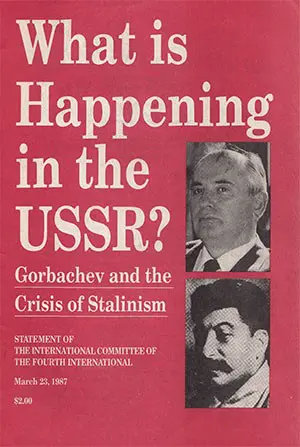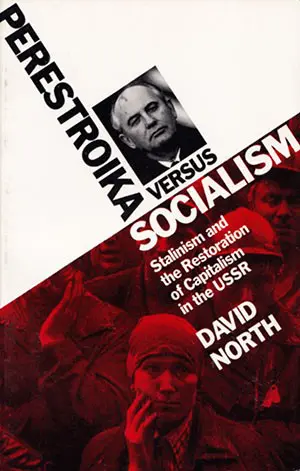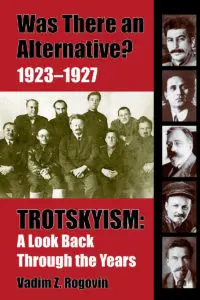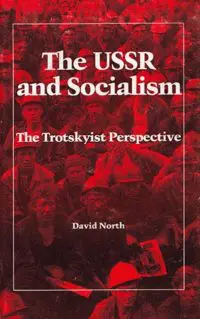The dissolution of the Soviet Union
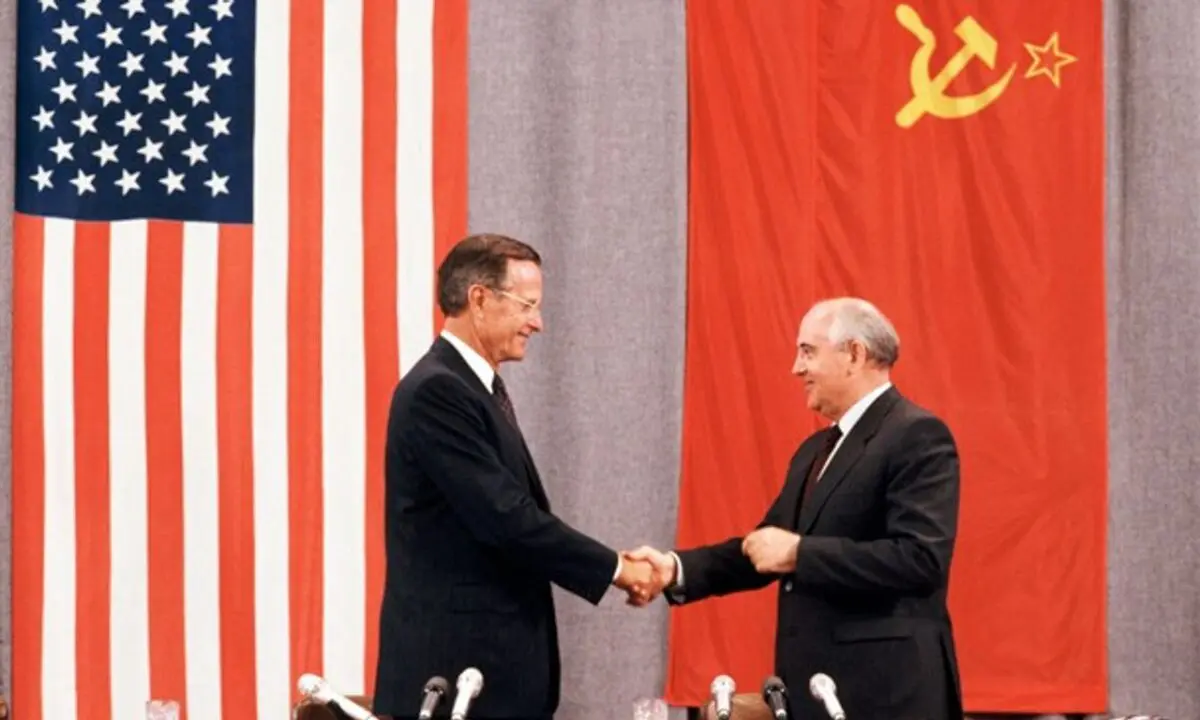
On December 26, 1991, the Soviet Union - which had emerged out of the socialist revolution of October 1917-was formally dissolved by the Stalinist bureaucracy.
The Trotskyist movement, organized in the International Committee of the Fourth International, was the only political tendency at the time that was not taken by surprise by the events unfolding in the USSR. Basing itself on Leon Trotsky's analysis of the counterrevolutionary role of Stalinism, the ICFI, from the very beginning, provided an extraordinarily prescient analysis of the crisis of the Stalinist regimes. The Trotskyist movement also intervened powerfully in Eastern Europe and the Soviet Union. It fought for the defense of the conquests of the October Revolution through a political revolution by the working class against the bureaucracy, and the international extension of the revolution, as the only alternative to capitalist restoration.
"The shortage of technology and continuing contradictions between industry and agriculture can only be resolved through access to the world market. There are only two roads to the integration of the Soviet Union into that market-that of Gorbachev leading towards capitalist restoration and that of the world socialist revolution."
~ International Committee of the Fourth International, What is Happening in the USSR? Gorbachev and the Crisis of Stalinism, 1987
"In direct contrast to the overwhelming mass of literature now being produced on the situation in the USSR, this book maintains that the policies of Gorbachev signify neither a break with Stalinism nor a new flowering of Soviet democracy. Rather, it contends that the present regime represents, in the most basic sense, the culmination of the Stalinist reaction against the revolutionary heritage of October 1917."
~ David North, Perestroika Versus Socialism: Stalinism and the Restoration of Capitalism in the USSR, 1989
Books in the Collection
The ICFI developed this work based on the political and theoretical conquests made in the aftermath of the split with the national-opportunists of the Workers Revolutionary Party in 1985-1986. The expulsion of the Pabloites from the Fourth International provided the basis for a renaissance of Marxism within the ICFI.
Explore Mehring Books' feature on the Struggle for the continuity of the Fourth International for more on the split with the WRP.
-
Stalin’s Terror of 1937-1938: Political Genocide in the USSR
$24.95 – $39.95

